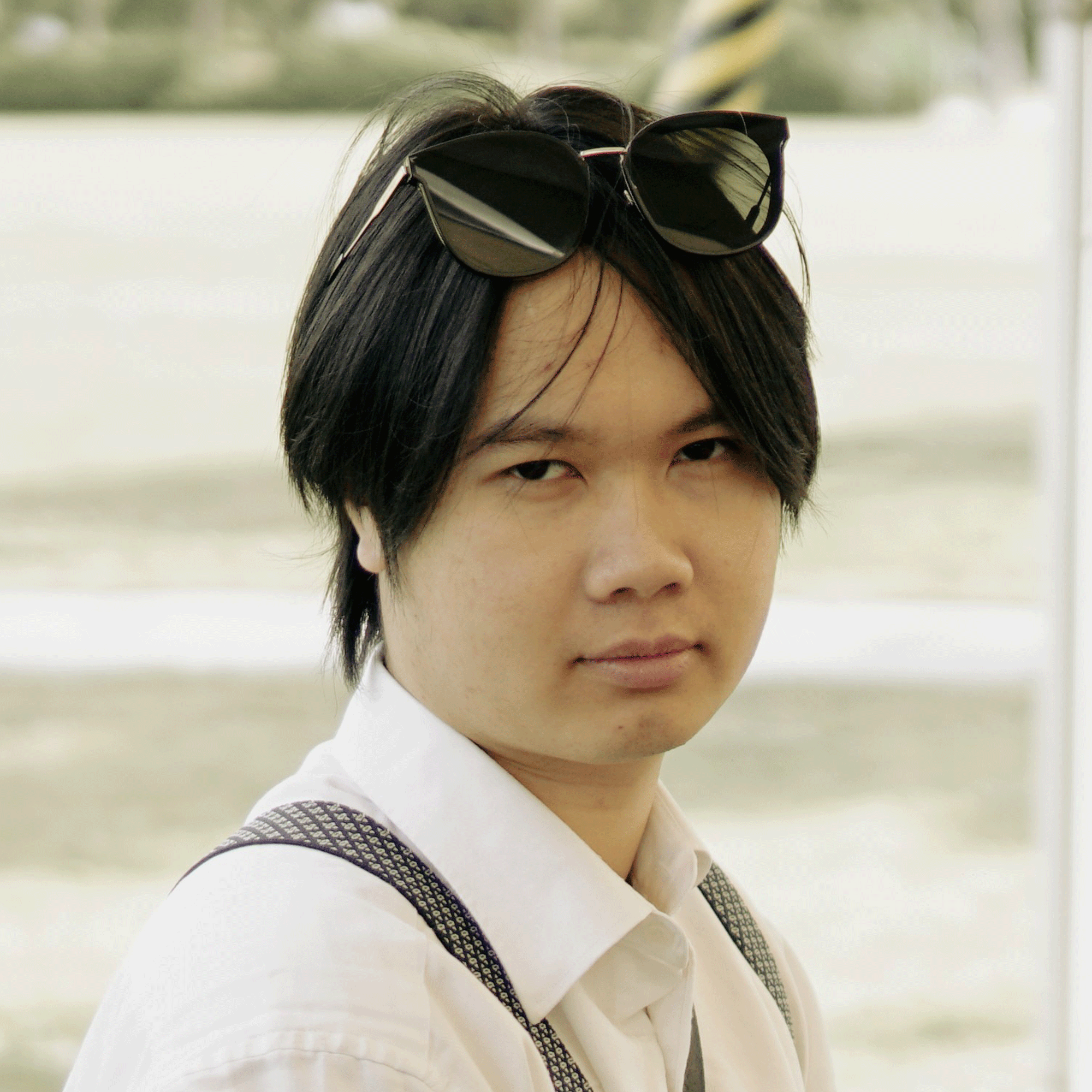
Ha Ninh Nguyen Science
(he/him)
Ha-Ninh Nguyen is a joint PhD candidate at the University of Melbourne and the Università di Corsica Pasquale Paoli (France), where he focuses on multiscale experimentation and simulation of wildfire spotting. His research specifically addresses firebrand fuel characterisation by utilising algorithms and running experiments. Ninh’s academic background is rooted in experimental aerospace and computational simulation. He earned his Bachelor of Space and Aeronautics from the University of Science and Technology of Hanoi in 2019. Followed by his Master of Mechanical Engineering at Kunsan National University (KSNU) in 2023. Professionally, Ninh has contributed to significant research institutions. He worked at the Unmanned Aerial Vehicle Laboratory at Tamkang University and the Computational Optimisation Laboratory (COL) at KSNU. His contribution extends to his role as the National Point of Contact for Vietnam at the Space Generation Advisory Council (SGAC). Beyond his academic and professional endeavours, Ninh is an avid badminton player and enjoys engaging in outdoor activities.
He holds several roles on various committees at The University of Melbourne:
1. Graduate Research Committee Member of the School of Agriculture, Food and Ecosystem Sciences (SAFES).
2. Graduate Research Committee Member of SAFES Culture, Equity, Diversity, and Inclusion (CED&I).
3. IRTG (International Research Training Group) Graduate Researcher Representative.
4. Treasurer of Vietnamese UniMelb Graduate Scholar Network (VGSN)
5. Graduate Student Association (GSA) Faculty Council Member.
As a Science Faculty Counsellor in the Graduate Student Association (GSA), where Ninh was committed to broadening the GSA presence to regional campuses such as Creswick, Dookie, Werribee, and Burnley. Ninh’s vision as a counsellor was to foster an inclusive and supportive environment for all graduate students, irrespective of their geographical location. He advocated for increased access to resources, networking opportunities, and professional development for students in these regions. His dedication to improving the graduate student experience was evident in his efforts to enhance communication channels between the GSA and regional campuses, ensuring that the voices of all students were heard and their needs addressed. Ninh’s leadership in this role demonstrated his unwavering commitment to the holistic development of the graduate community, and his vision to create a more connected and resource-rich environment for future scientists and researchers.